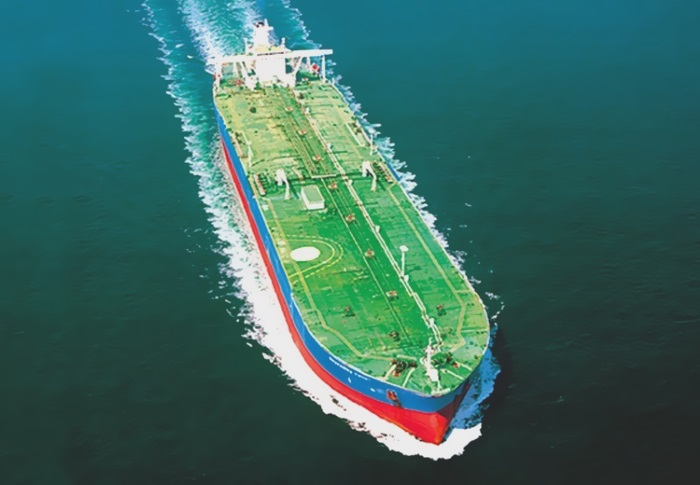The Maritime Charities Group is commissioning new research on the size and demographic profile of the UK seafarer population. Information about working and former seafarers is vital to the work of MCG members and their partner organisations. It helps them to understand the welfare needs, locations, challenges and changes facing seafarers and their families and informs all aspects of their work. From grant-making to service provision, this data will enable the maritime charity sector to make more informed decisions from now to 2040.
Announcing the launch of a call for proposals, MCG Chair, Dr Tim Slingsby said: “This new study is a key element of MCG’s programme for the coming year. It will update our existing datasets, building on the work we first undertook in 2007 and then updated in 2015. These studies showed that despite the fall in the number of working and former seafarers, the demand for charitable services and support was not likely to decline. It’s nearly 10 years since we last looked at seafarer demographics and we need a more up-to-date picture, including the impact of the pandemic, to help us understand the potential demand for the next decade and beyond. We are now calling on research teams to respond to our call for proposals.”
The new MCG study will focus on the UK’s Merchant Navy and fishing fleet and their dependants and will include both working and former seafarers. A comparable study is being carried out with the UK’s Royal Navy and Royal Marines communities by MCG members Greenwich Hospital and the Royal Navy and Royal Marines Charity, in partnership with the RAF Benevolent Fund. Together these two pieces of work will provide the sector with the data it needs to plan future services.
Reflecting on the value of past research, MCG member Vikki Muir, Head of Charitable Giving at Trinity House, said: “As with any charity that wants to be as effective as possible with the resources to hand, Trinity House depends on a robust, up-to-date and detailed understanding of the needs of its sector. Site visits with beneficiaries provide an invaluable connection on the ground, but we also need high-level data to help make decisions about how we manage our giving in a sector that changes and demands adaptability. We look forward to the new MCG study and the insights it will yield.”
MCG member Deborah Layde, Chief Executive at The Seafarers’ Charity, added: “The Seafarers’ Charity is the largest independent grant funder of maritime welfare services around the UK, investing over £2m every year into the sector. We look forward to this essential research providing accurate demographic data which will inform our long-term strategic funding of more than 70 charities delivering a wide range of welfare services for seafarers and their families.”
And Sharon Coveney, Deputy Chief Executive of the Merchant Navy Welfare Board, the umbrella charity for the UK Merchant Navy and Fishing Fleets and also an MCG member, said: “Without seafarers, the world grinds to a halt. That’s why this new research project is so important. The maritime sector, like many, is still recovering from the devastation caused by the pandemic, the Russian/Ukrainian conflict and the P&O Ferries crisis. These results will help shape the future and ensure the industry meets seafarers’ demands to improve their lives.”
Source: Hellenic Shipping News





